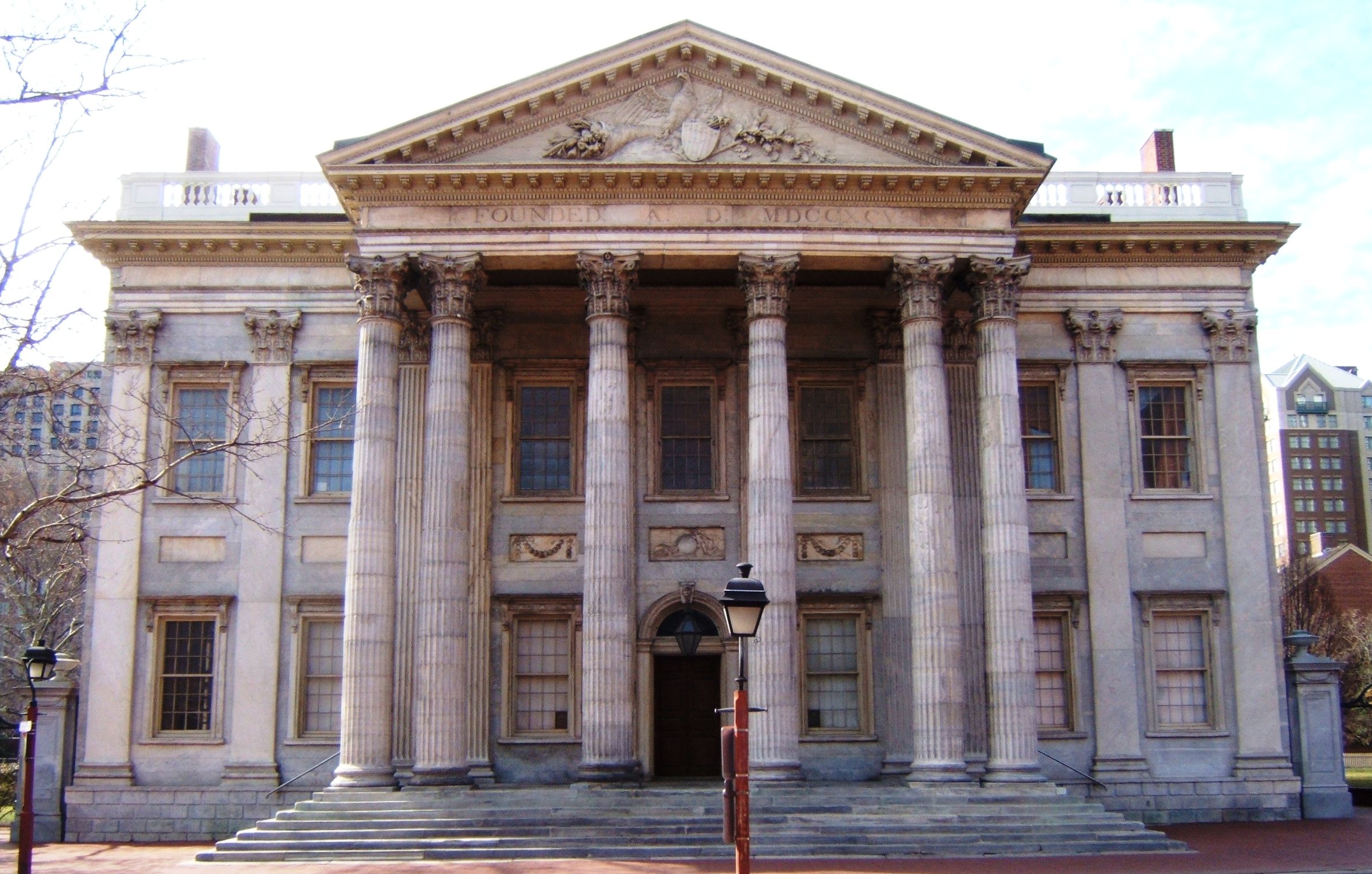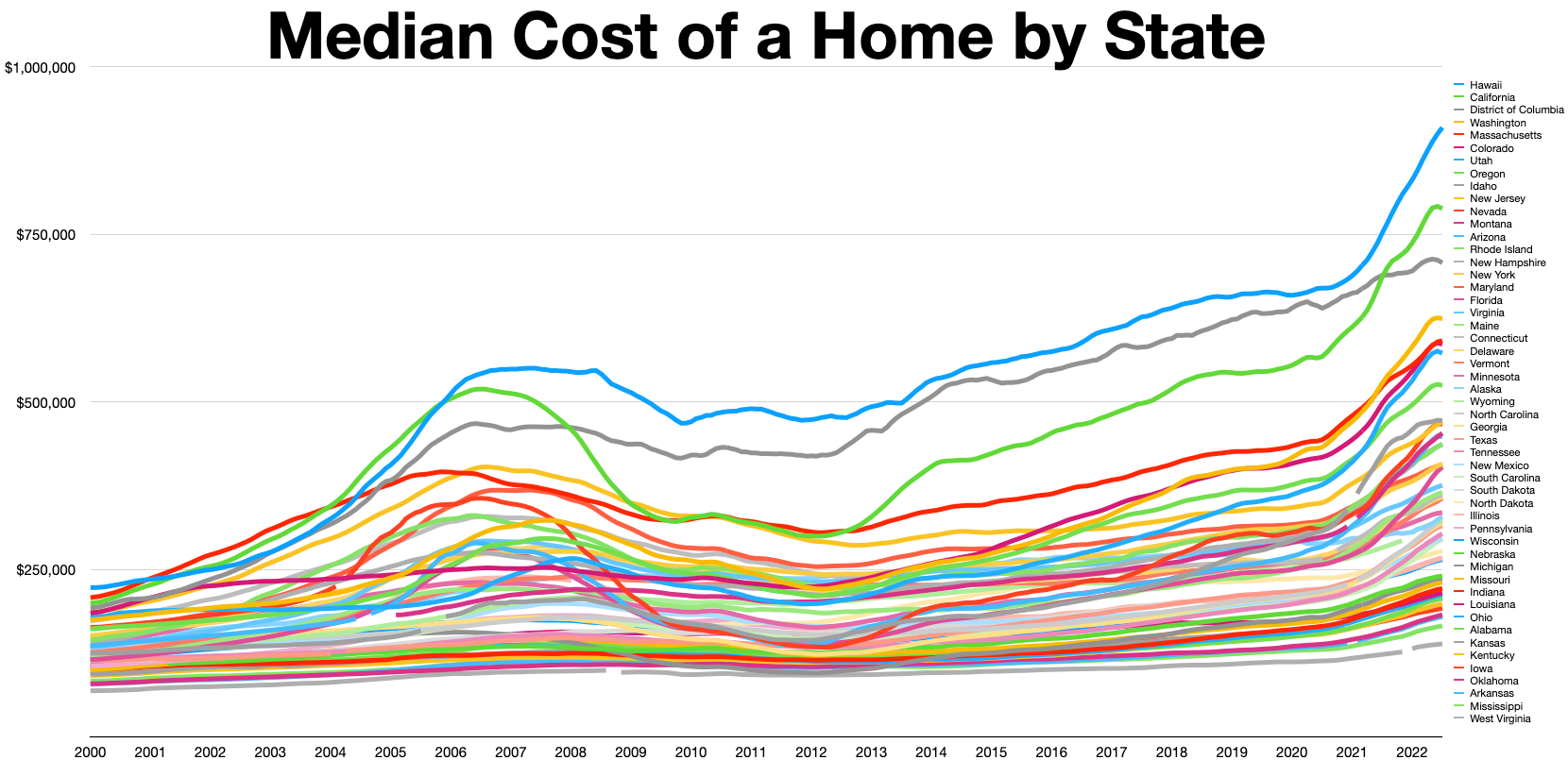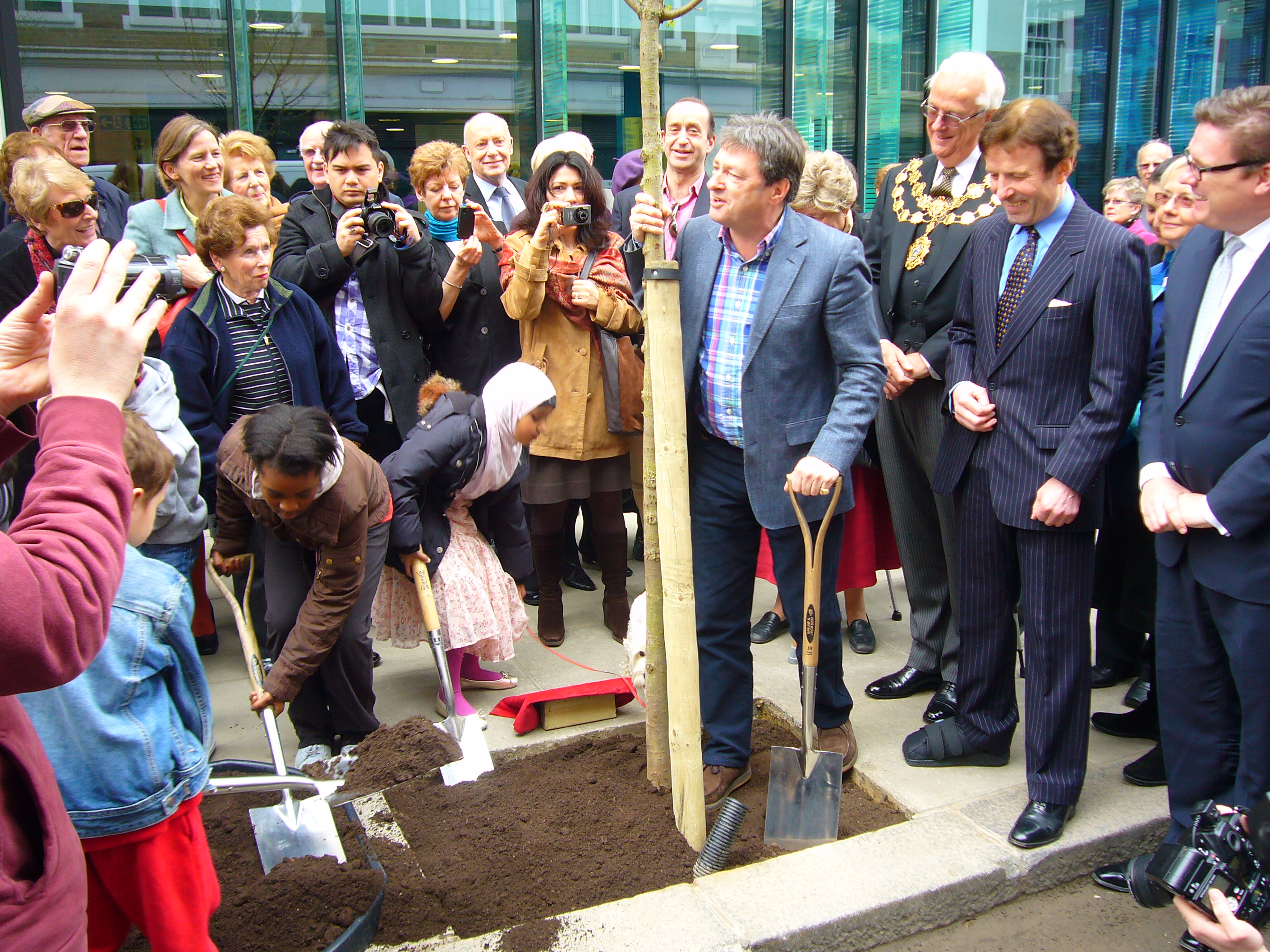|
Riegle–Neal Interstate Banking And Branching Efficiency Act Of 1994
The Riegle–Neal Interstate Banking and Branching Efficiency Act of 1994 (IBBEA) amended the laws governing federally chartered banks in order to restore the laws' competitiveness with the recently relaxed laws governing ''state''-chartered banks. The goal was the return to a balance between the benefits of a state bank charter versus a federal bank charter. Among other notable changes, the Act stipulated that a federally chartered bank wishing to expand must first undergo a review of its Community Reinvestment Act compliance. Congress approved the bill by September 14, 1994. The bill was signed by Bill Clinton on September 29, 1994. Expansion of the Community Reinvestment Act Three sections of the IBBEA address and expand the Community Reinvestment Act The Community Reinvestment Act (CRA, P.L. 95-128, 91 Stat. 1147, title VIII of the Housing and Community Development Act of 1977, ''et seq.'') is a United States federal law designed to encourage commercial banks and savings ... [...More Info...] [...Related Items...] OR: [Wikipedia] [Google] [Baidu] |
Community Reinvestment Act
The Community Reinvestment Act (CRA, P.L. 95-128, 91 Stat. 1147, title VIII of the Housing and Community Development Act of 1977, ''et seq.'') is a United States federal law designed to encourage commercial banks and savings associations to help meet the needs of borrowers in all segments of their communities, including low- and moderate-income neighborhoods.Text of Housing and Community Development Act of 1977 — Title VIII (Community Reinvestment) Congress passed the Act in 1977 to reduce discriminatory credit practices against low-income neighborhoods, a practice known as |
103rd United States Congress
The 103rd United States Congress was a meeting of the legislative branch of the United States federal government, composed of the United States Senate and the United States House of Representatives. It met in Washington, D.C. from January 3, 1993, to January 3, 1995, during the final weeks of Presidency of George H. W. Bush, George H. W. Bush's presidency and in the first two years of Presidency of Bill Clinton, Bill Clinton's presidency. The apportionment of seats in the United States House of Representatives, House of Representatives was based on the 1990 United States census. This is the most recent Congress to have a Democratic senator from Texas, Bob Krueger, who lost election to finish Lloyd Bentsen's term in 1993. Along with two Democratic senators from the state of Tennessee, Jim Sasser and Harlan Mathews. Jim Sasser lost re-election and Harlan Mathews retired in 1994. In addition, a Democratic senator from the state of Oklahoma, David Boren, resigned in the final weeks o ... [...More Info...] [...Related Items...] OR: [Wikipedia] [Google] [Baidu] |
United States Federal Banking Legislation
In the United States, banking had begun by the 1780s, along with the country's founding. It has developed into a highly influential and complex system of banking and financial services. Anchored by New York City and Wall Street, it is centered on various financial services, such as private banking, asset management, and deposit security. The beginnings of the banking industry can be traced to 1780 when the Bank of Pennsylvania was founded to fund the American Revolutionary War. After merchants in the Thirteen Colonies needed a currency as a medium of exchange, the Bank of North America was opened to facilitate more advanced financial transactions. As of 2018, the largest banks in the United States were JPMorgan Chase, Bank of America, Wells Fargo, Citigroup, and Goldman Sachs. As of March 2024, there were 4,587 FDIC insured commercial banks and savings institutions in the U.S. History Merchants traveled from Britain to the United States and established the Bank of Pennsylva ... [...More Info...] [...Related Items...] OR: [Wikipedia] [Google] [Baidu] |
United States Housing Bubble
The 2000s United States housing bubble or house price boom or 2000s housing cycle was a sharp run up and subsequent collapse of house asset prices affecting over half of the U.S. states. In many regions a Real-estate bubble, real estate bubble, it was the impetus for the subprime mortgage crisis. Housing prices peaked in early 2006, started to decline in 2006 and 2007, and reached new lows in 2011. On December 30, 2008, the Case–Shiller index, Case–Shiller home price index reported the largest price drop in its history. The credit crisis resulting from the bursting of the housing bubble is an important cause of the Great Recession in the United States. Increased foreclosure rates in 2006–2007 among U.S. homeowners led to a Subprime mortgage crisis, crisis in August 2008 for the Subprime mortgage, subprime, Alt-A, collateralized debt obligation (CDO), mortgage loan, mortgage, Fixed income, credit, hedge fund, and foreign bank markets. In October 2007, Henry Paulson, the ... [...More Info...] [...Related Items...] OR: [Wikipedia] [Google] [Baidu] |
Mortgage Industry Of The United States
The mortgage industry of the United States is a major financial sector. The federal government created several programs, or government sponsored entities, to foster mortgage lending, construction and encourage home ownership. These programs include the Government National Mortgage Association (known as Ginnie Mae), the Federal National Mortgage Association (known as Fannie Mae) and the Federal Home Loan Mortgage Corporation (known as Freddie Mac). The subprime mortgage crisis was one of the first indication of the 2008 financial crisis, characterized by a rise in subprime mortgage delinquencies and foreclosures, and the resulting decline of securities backing said mortgages. The earlier savings and loan crisis of the 1980s and 1990s and the national mortgage crisis of the 1930s also arose primarily from unsound mortgage lending. The mortgage crisis has led to a rise in foreclosures, leading to the 2010 United States foreclosure crisis. Mortgage lenders Mortgage lending ... [...More Info...] [...Related Items...] OR: [Wikipedia] [Google] [Baidu] |
Community Development
The United Nations defines community development as "a process where community members come together to take collective action and generate solutions to common problems." It is a broad concept, applied to the practices of civic leaders, activists, involved citizens, and professionals to improve various aspects of communities, typically aiming to build stronger and more resilient local communities. Community development is also understood as a professional discipline, and is defined by the International Association for Community Development as "a practice-based profession and an academic discipline that promotes participative democracy, sustainable development, rights, economic opportunity, equality and social justice, through the organisation, education and empowerment of people within their communities, whether these be of locality, identity or interest, in urban and rural settings". Community development seeks to empower individuals and groups of people with the skills they n ... [...More Info...] [...Related Items...] OR: [Wikipedia] [Google] [Baidu] |
Urban Economics
Urban economics is broadly the economic study of urban areas; as such, it involves using the tools of economics to analyze urban issues such as crime, education, public transit, housing, and local government finance. More specifically, it is a branch of microeconomics that studies the urban spatial structure and the location of households and firms . Historically, much like economics generally, urban economics was influenced by multiple schools of thought, including original institutional economics and Marxist economics. These heterodox economic currents continue to be used in contemporary political-economic analyses of cities. But, most urban economics today is neoclassical in orientation and centred largely around urban experiences in the Global North. This dominant urban economics also influences mainstream media like ''The Economist.'' Today, much urban economic analysis relies on a particular model of urban spatial structure, the monocentric city model pioneered in the 1960s ... [...More Info...] [...Related Items...] OR: [Wikipedia] [Google] [Baidu] |
Urban Politics In The United States
American urban politics refers to politics within cities of the United States of America. City governments, run by mayors or city councils, hold a restricted amount of governing power. State and federal governments have been granted a large portion of city governance as laid out in the U.S. Constitution. The small remaining power held by individual cities becomes a target of numerous outside influences such as large corporations and real-estate developers. American Urban Politics determine the socio-economic make-up of urban neighborhoods and contribute to the ever present disparity between Urban America and Suburban America. Local power distribution Three main systems of city government describe local power distribution in the United States: mayor-council systems, the commission plan and the council-manager plan. The mayor–council government has two variants, the weak-mayor system and the strong-mayor system. Under the weak-mayor system the mayor has extremely limited ... [...More Info...] [...Related Items...] OR: [Wikipedia] [Google] [Baidu] |
Mortgage Legislation
A mortgage loan or simply mortgage (), in civil law jurisdictions known also as a hypothec loan, is a loan used either by purchasers of real property to raise funds to buy real estate, or by existing property owners to raise funds for any purpose while putting a lien on the property being mortgaged. The loan is " secured" on the borrower's property through a process known as mortgage origination. This means that a legal mechanism is put into place which allows the lender to take possession and sell the secured property ("foreclosure" or "repossession") to pay off the loan in the event the borrower defaults on the loan or otherwise fails to abide by its terms. The word ''mortgage'' is derived from a Law French term used in Britain in the Middle Ages meaning "death pledge" and refers to the pledge ending (dying) when either the obligation is fulfilled or the property is taken through foreclosure. A mortgage can also be described as "a borrower giving consideration in the form of ... [...More Info...] [...Related Items...] OR: [Wikipedia] [Google] [Baidu] |





